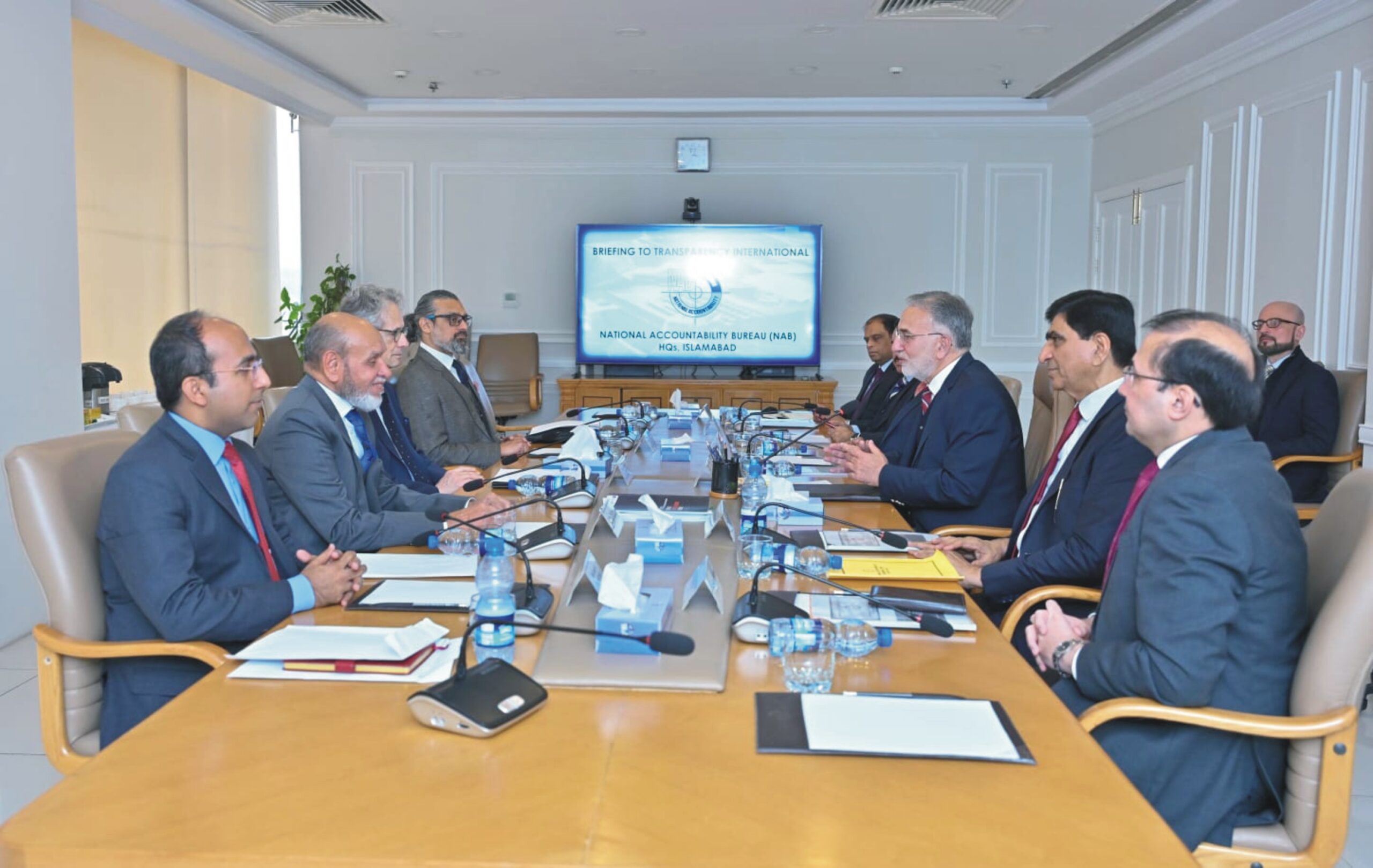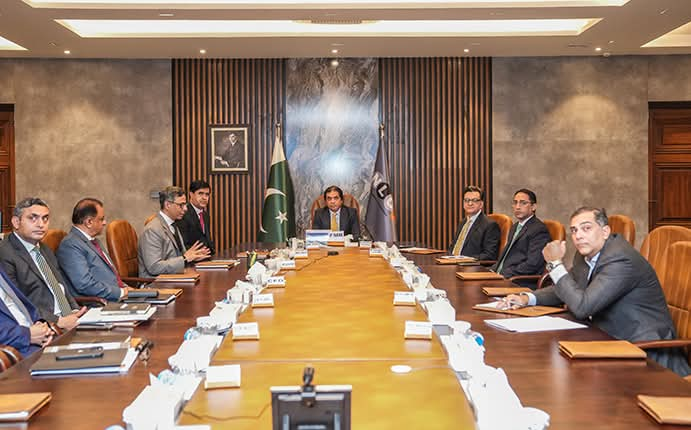
Naveed Ahmad Khan
Islamabad— Starlink, the satellite-based internet service developed by Elon Musk’s SpaceX, has officially registered with the Securities and Exchange Commission of Pakistan (SECP) as
“Starlink Internet Services (Private) Limited.” While the company has applied for a license to launch services in Pakistan, it is currently awaiting approval from the government. Amid growing internet accessibility issues in the country, many Pakistanis see Starlink as a potential solution to bridge the digital divide.
Responding to a Pakistani user’s request on social media platform X, Musk confirmed that Starlink was still awaiting approval. The user expressed optimism that Starlink could revolutionize internet access in Pakistan, ensuring connectivity even in the most remote regions. The Starlink availability map also indicates that Pakistan remains on the waitlist for its services.
However, the Pakistan Telecommunication Authority (PTA) has yet to grant clearance for Starlink’s operation. PTA Chairman Major General (Retd) Hafeez Ur Rehman informed a committee that the application for security clearance is under review by the Pakistan Space Activities Regulatory Board (PSARB).
Despite the enthusiasm surrounding Starlink’s potential, concerns have surfaced regarding its security implications. Reports from The Guardian reveal that in India’s conflict-ridden state of Manipur, Starlink has allegedly been used by militant groups to bypass government-imposed internet shutdowns. While Starlink remains unlicensed in India, its services are operational in neighboring Myanmar, raising fears about unauthorized access. Given Pakistan’s own security challenges, authorities are required to carefully gauge the
implications before granting approval.
The arrival of Starlink in Pakistan comes at a time when the country is grappling with severe internet accessibility issues. Frequent network disruptions, slow connectivity, and concerns over digital surveillance have fueled the debate over improving internet services. Starlink, with its low-latency, high-speed satellite internet, could provide a much-needed
alternative, especially for rural areas where traditional broadband infrastructure is weak or nonexistent. But the high tariff of starlink data package means this service is not suitable for most users in rural areas.
However, the security implications of Starlink’s satellite internet have also raised concerns among regulators. The recent case of Manipur, India, where militants reportedly used Starlink to communicate despite an official internet shutdown, highlights the risks associated with unregulated satellite networks.
Pakistan, which has its own history of cybersecurity threats and digital censorship, must carefully assess whether Starlink’s operations align with national security policies.
In addition, Pakistan has recently amended the Prevention of Electronic Crimes Act (PECA), a law aimed at regulating digital content and curbing cybercrimes. The amendments grant authorities greater power to restrict online content, impose stricter regulations on social media platforms, and monitor internet activity in the name of national security. While proponents argue that these changes enhance cybersecurity, critics fear that they may curb digital freedoms and lead to increased censorship.
With Starlink’s entry into Pakistan, the government faces a critical decision, balancing technological advancement and internet accessibility with concerns over security, regulation, and digital sovereignty. As authorities deliberate on granting approval, the outcome will shape the future of Pakistan’s digital landscape in an era of increasing global connectivity.







